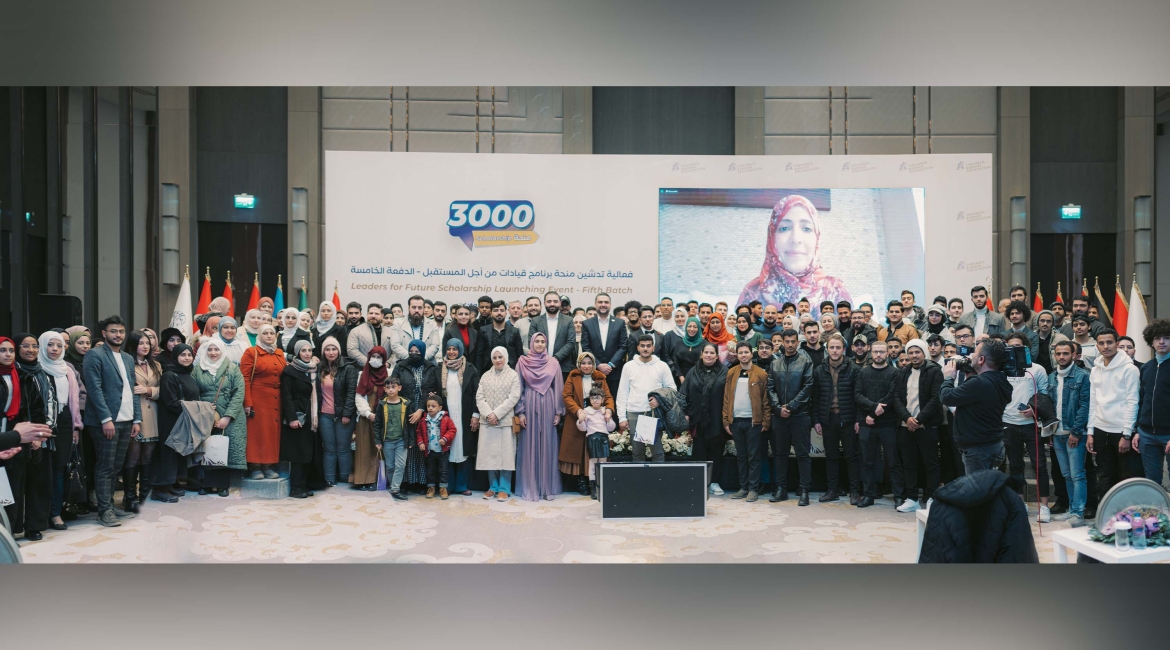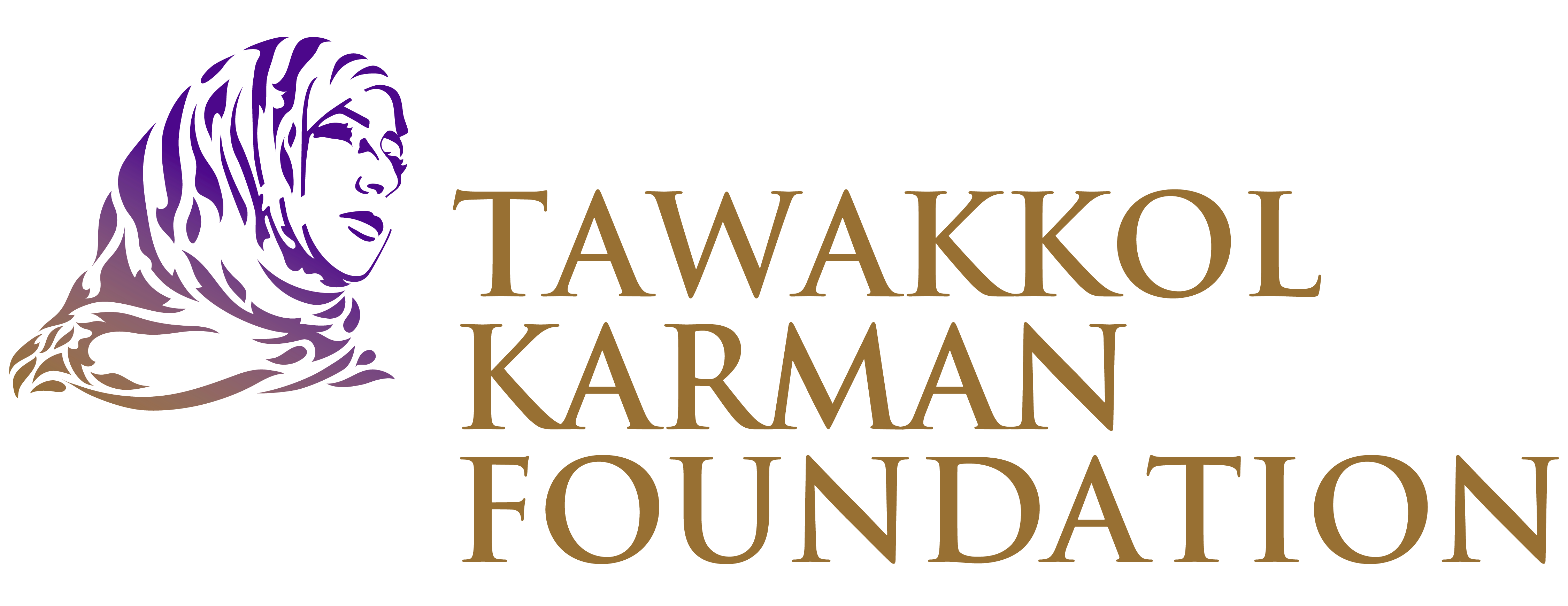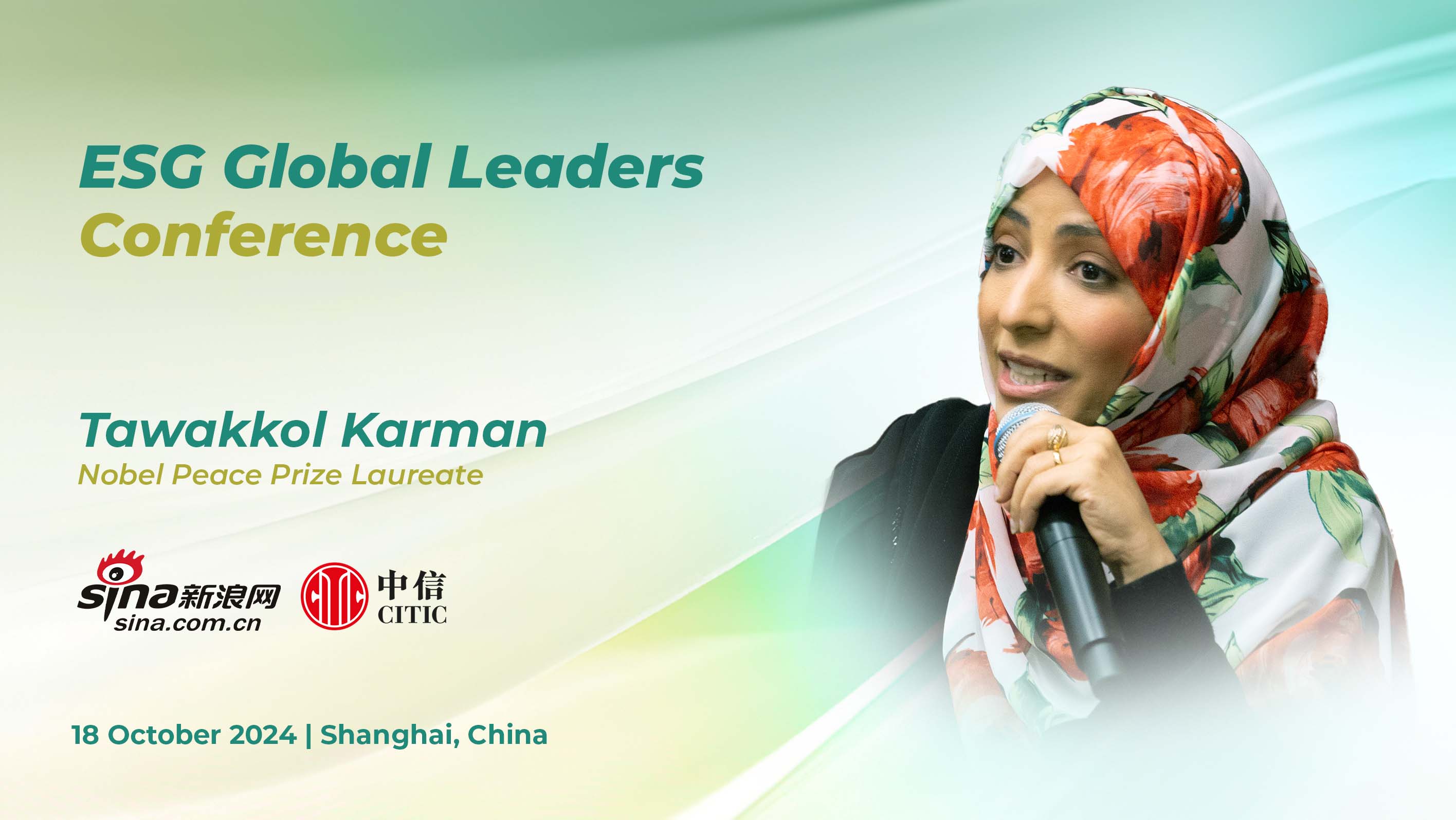Related Articles

Final Statement of the Yemeni Researchers and Experts Conference
Final Statement of the Yemeni Researchers and Experts Conference
October 11–12,

Tawakkol Karman Foundation opens Belqees Educational Complex in Yemen
Taiz, Yemen — Tawakkol Karman Foundation announced the official opening of the Belqees Educational Complex in Taiz, southwest Yemen, on Sunday,
...
Leaders for Future program to launch 10th English scholarship after benefiting 10,000 students
The Leaders for Future Program, initiated by Tawakkol Karman Foundation in 2019, is preparing to launch its tenth English language scholarship
...
